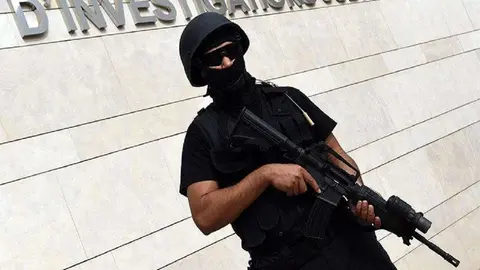Summary of terrorist activity in Spain
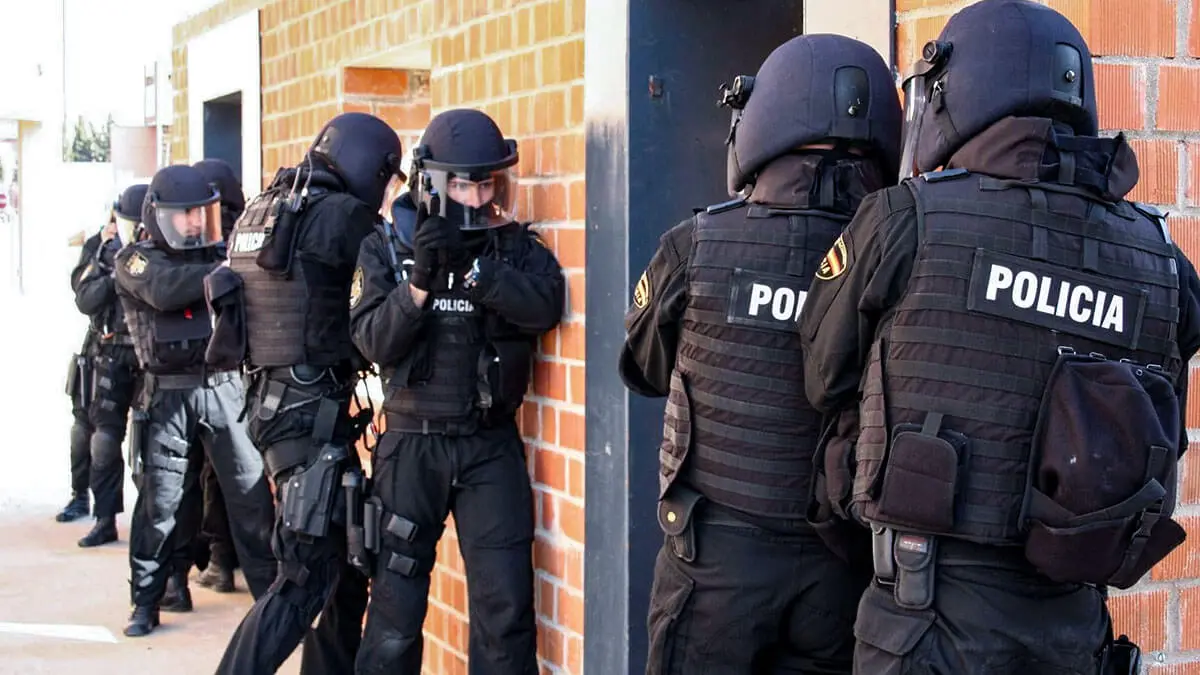
With the 20th anniversary of 11-M in Spain and the rise of Hezbollah just around the corner, terrorism is an ongoing concern for citizens around the world.
Spain has been on alert level 4 (high risk) since 2015 on the Anti-Terrorism Alert Level (NAA) and there are no indications that it will go down in the near future. According to the Balance del Terrorismo en España 2023 by the Centro de la Memoria de las Víctimas del Terrorismo, the attack in Afghanistan in May this year has added three victims to the 300 Spanish deaths by jihadist-inspired groups. It also found that recently, terrorist acts in Spain are mostly carried out in Catalonia and by individuals, not organised cells.
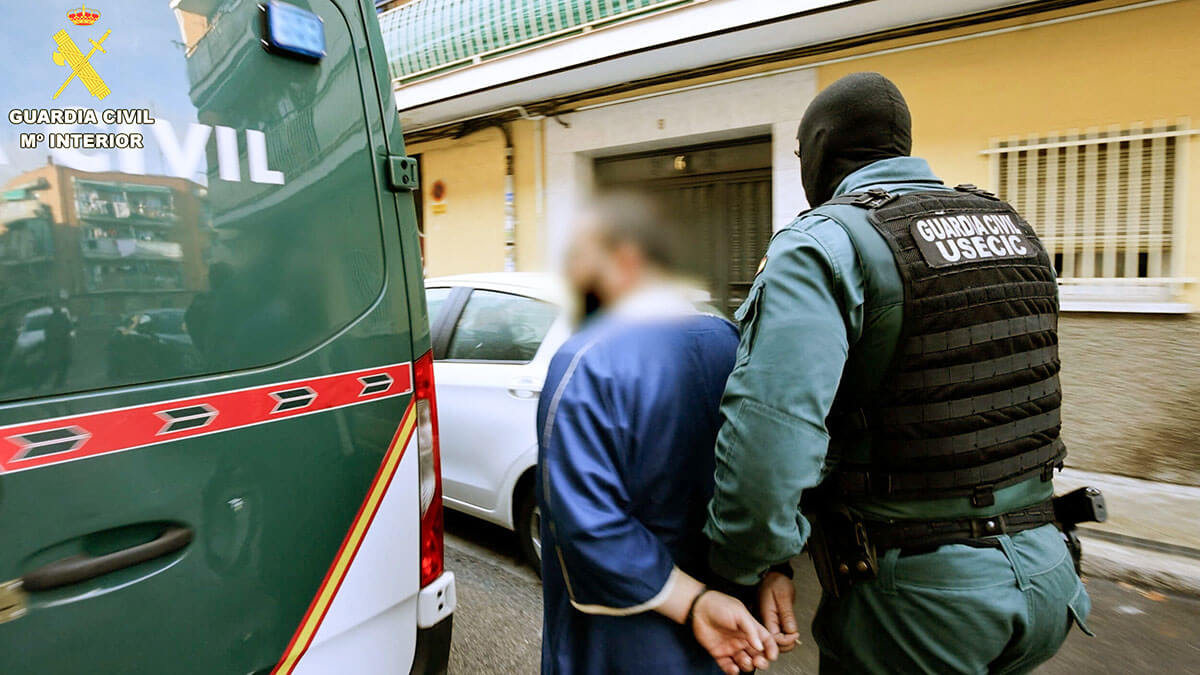
In 2023, 78 people were arrested for terrorist attacks, 29 more than average. Arrests for terrorism since 11-M have reached 1,035 in total, most with affiliation to the Islamic State (Daesh). Of the 78 arrested last year, a large proportion (58%) are associated with this terrorist group.
Only 8 per cent were associated with al-Qaeda, which can be explained by the group's weakening and change of strategy. According to a report by the Elcano Royal Institute, and taking into account its problems of internal divisions, al-Qaeda is concentrating its efforts on Africa, a continent where the world powers and jihadist groups are directing their strategies to consolidate and strengthen their position in the international arena.
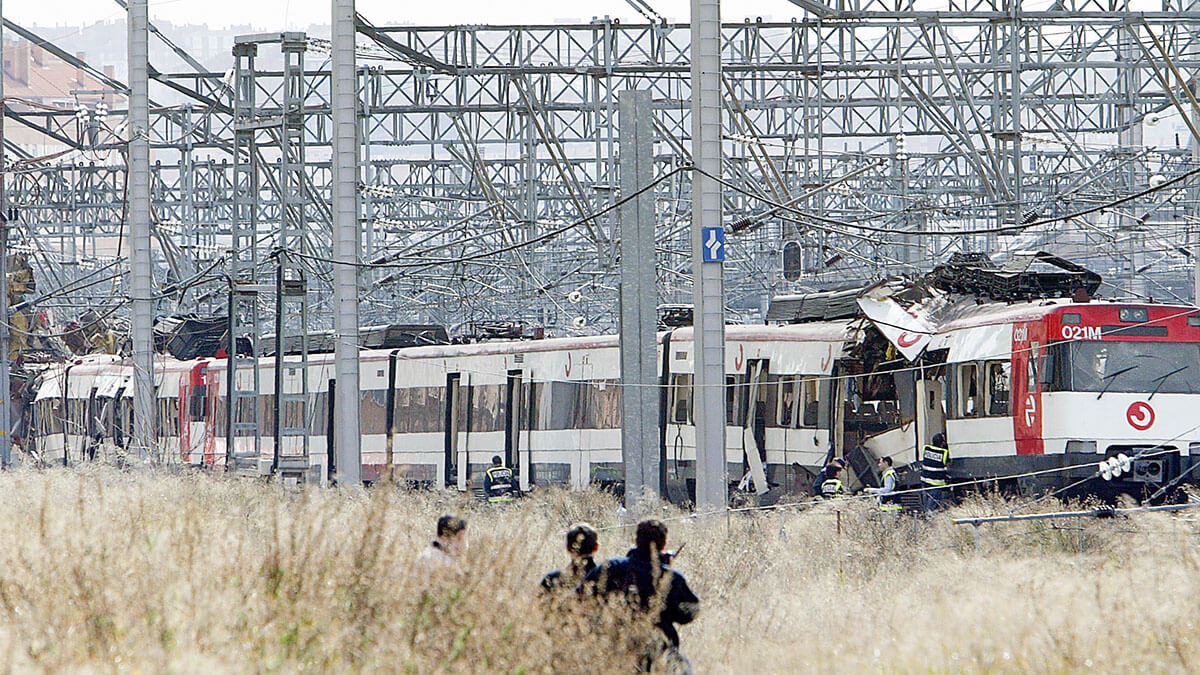
This same report has highlighted that the role of women in jihadism is becoming increasingly relevant. In Spain, until 2014, there were no prosecutions of women for terrorist activities, but currently, 24 have been registered. The Daesh strategy is to use digital networks to radicalise women so that they generally spread jihadist ideology and indoctrinate other women.
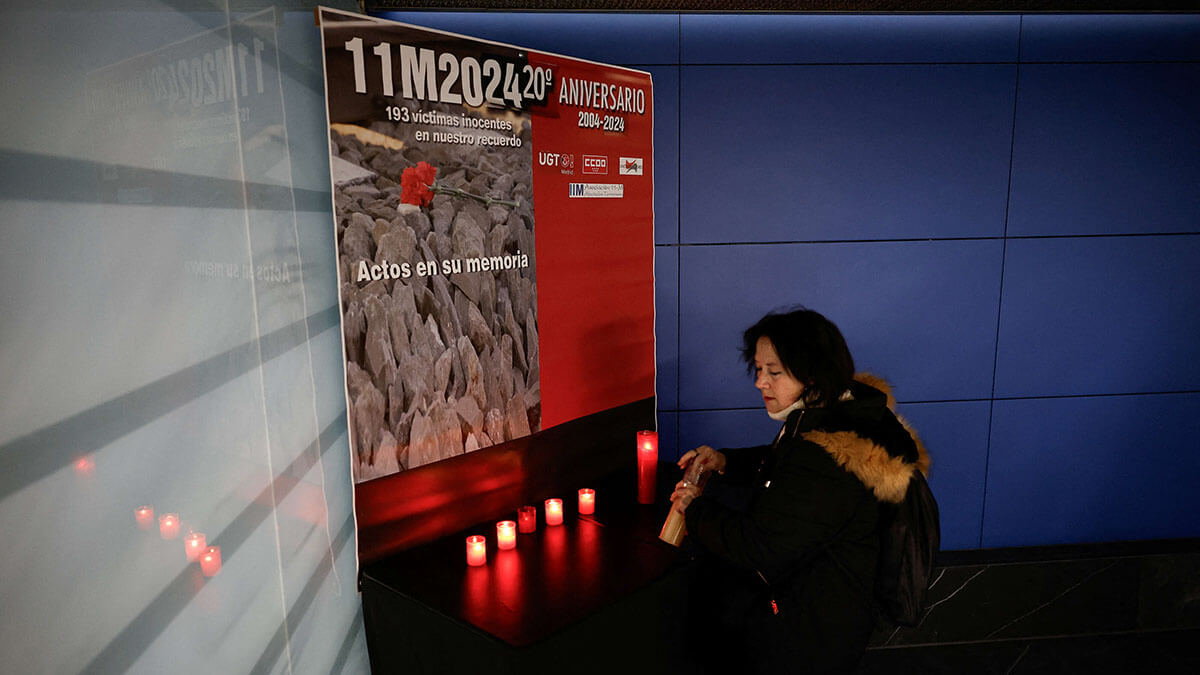
Among the 78 prosecuted in 2023, 23% are accused of having carried out terrorist propaganda or glorifying terrorism. Another similar percentage were involved in preparing attacks while 15% worked on terrorist financing, something often done with cryptocurrencies (as in Operation Miya II and Bruder II). Most of those arrested were of Spanish nationality (almost 40%) followed by Moroccan origin. In addition, the Memorial Centre has highlighted in its balance sheet an increase in detainees of Pakistani nationality. This is a derivative of the possible emergence of a new terrorist group Tehreek-e-Labbaik Pakistan (TLP), a far-right Islamic Pakistani party founded in 2015. Its manifesto demonstrates an intention to create a model of governance similar to that of other radical Islamic countries, with strict adherence to sharia. In France, members of this group have been linked to a terrorist attack and 15 of those arrested last year - and six the year before - in Spain are associated with the TLP. Although they are not formally declared as a terrorist group, they are in the crosshairs of international authorities.

At the same time, there have been 35 expulsions of people linked to terrorist activities in the past year, including Abdelmajir Bouchar, one of the 11-M convicts. Many of those facing this measure use the system itself to delay their expulsion, such as the lack of valid identification documents. Most of those expelled were accused of having disseminated and consumed propaganda of terrorist organisations and indoctrination. 14 of those expelled were Pakistani nationals, prosecuted for being part of the TLP.

